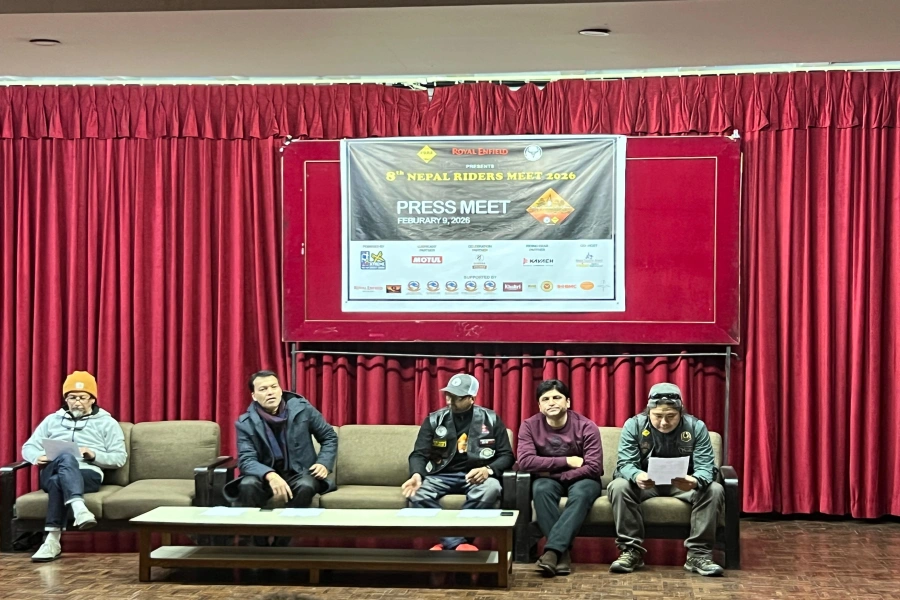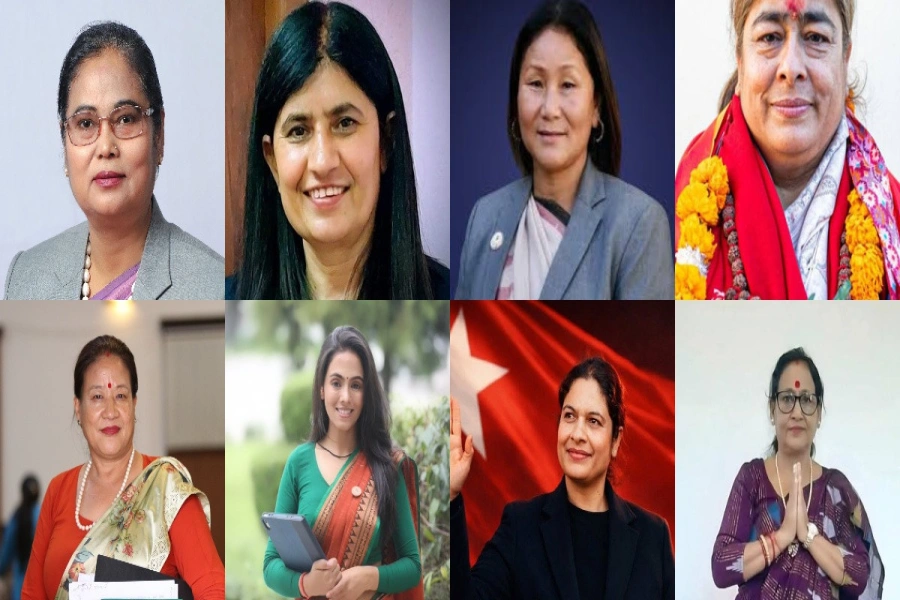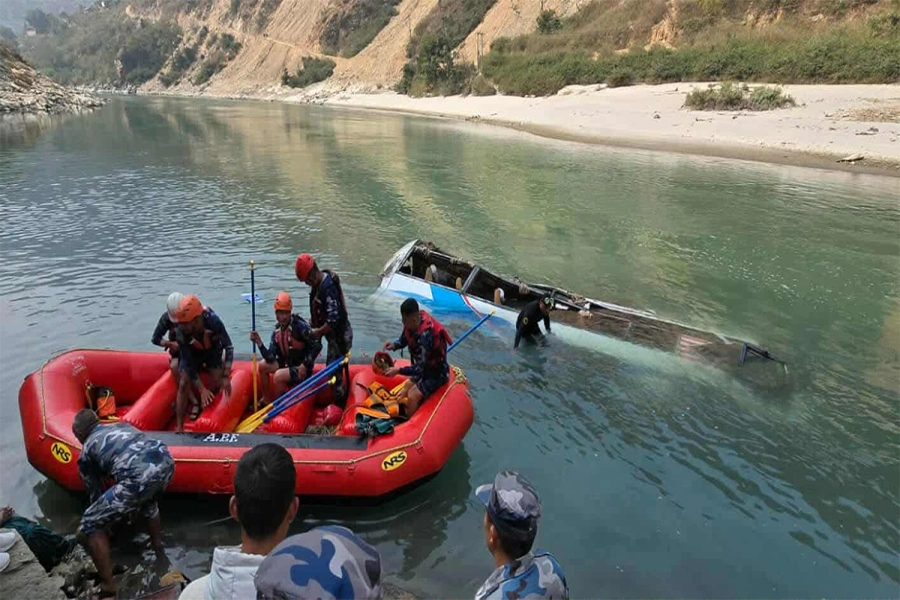The quest for medical progress drove Dr Rangina Laikangbam to experiment on the new technology of Laparoscopy in Nepal. A laparoscopy gynecologist at Alka hospital, she holds an MBBS and MD degrees from Kathmandu University and she recently earned her Diploma in Gynecological Endoscopic surgery from The Kiel School of Gynecological Endoscopy and Reproductive Medicine, Germany. Having attended numerous conferences and training on laparoscopy, she has been practicing it on numerous patients in the hospital. She currently is prepping up to introduce aesthetic and cosmetic surgery .
In an interview with My City’s Sonam Lama, Laikangbam talks on demystifying laparoscopy and shares her experience in the medical field.
Debunking 5 common myths on plastic surgery (with video)

What is laparoscopy?
Laparoscopy is a surgical procedure used to examine the organs inside the abdominal region. A laparoscope is a long, thin tube with a high-intensity light and a high-resolution camera that inspects the abdomen through an incision of 1cm in the surgical area. This new age procedure is capable of removing tumor weighing about six kilos. It is done to find the cause of symptoms such as infertility or abdominal or pelvic pain. Moreover, all kinds of surgery can be conducted through the procedure. However, laparoscopy is not applicable during child delivery.
What inspired you to conduct laparoscopy surgery in Nepal?
I completed my medical studies and started working. It was then that I realized that I wanted to do something new in the medical field. So, I joined my first laparoscopy training in Kanpur in 2015. It introduced me to the basic knowledge on the surgery, and work procedures. Having realized that it took numerous training to be able to work as a laparoscopy surgeon, I undertook training in many parts of India including Mumbai, Gorakhpur, and New Delhi. After visiting different countries for international conferences and training, I realized that the medical scenario in Nepal was limited to open surgeries though laparoscopy surgery was being safely practiced across the globe. I then started to hone my skills as a laparoscopy surgeon.
Can you explain the benefits of laparoscopy surgery?
As the procedure requires the equipment to pass through a surgical incision of 1 cm, the method is also called keyhole surgery. It has many benefits compared to open surgery. The scars are prominent, and the post-surgery pain is also reduced to a great deal. Furthermore, the procedure also decreased hospital stays due to the quicker recovery period. Moreover, the surgery is less complicated. Blood transfusion to compensate for the loss of blood is not required either.
What are the setbacks existing of this new approach?
Challenges prevail in both the public and medical sectors. Most of the medical sectors have been reluctant to adopt the procedure, citing the possibilities of financial loss following the adaptation of laparoscopy. Therefore, they’re hesitant about informing the patient about the technological advancements. Generally speaking, laparoscopy is a tad more costly than open surgery. However, post surgery expenses are not required.
What measures can be taken to mitigate the challenges that have been barring the surgeons from practicing laparoscopy?
It’s necessary that people let go of the stereotypical perception, of the new-age medicinal practices, they carry. However, I am glad to have found the demography of remote area perceiving any issue once they undergo counseling sessions. Education and courses on Laparoscopy surgery should be widely imparted in medical institutions for students to gain familiarity with the whole process of laparoscopy. With the proper coordination between medical institutions and authoritative government bodies, this can be possible after conducting frequent training for doctors.







































